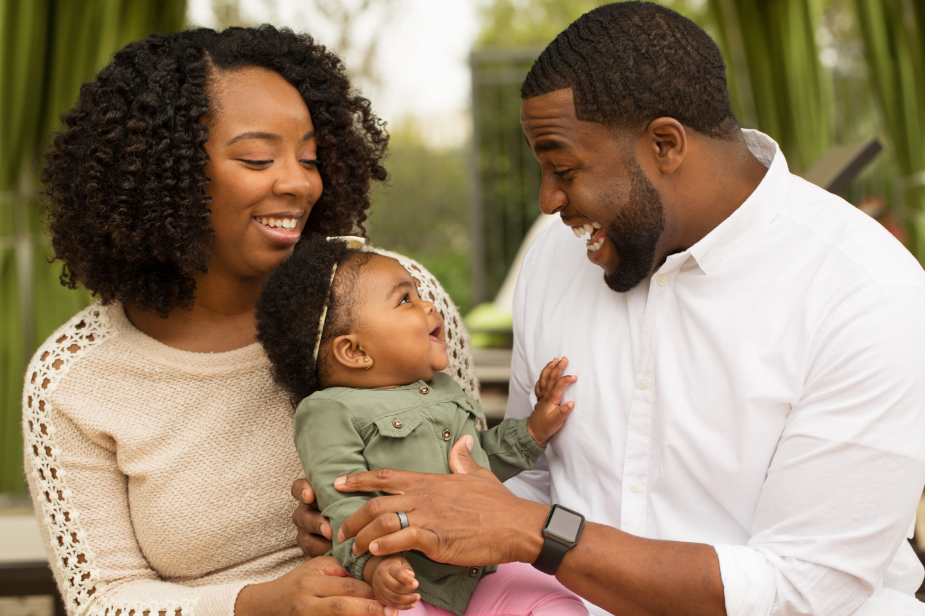What Happens If I Die Without A Will in Maryland?
- No Comments
If you die without a Last Will and Testament, you are giving up the power to control who will receive the assets, held in your sole name, that you have accumulated during your life. The Maryland laws of intestacy will determine both who will receive these assets and who will settle your affairs after your death.
At Sessa & Dorsey, we have seen firsthand the negative repercussions that can occur from not having a Will. For example, people often assume that their spouse would receive everything that they own if they die. Unfortunately, the Maryland laws of intestacy do not provide that all of a person’s assets pass to their spouse. The spouse is often required to share the estate with children and in some cases the parents of the deceased spouse. Based on the laws of intestacy we have seen small children receive interests in family businesses and commercial investment projects. We have fought to try to save the family home from partially passing to adult children of previous relationships. The laws of intestacy are specific and rigid, and frankly, often do not carry out a person’s true wishes.
The Maryland laws of intestacy differ depending on the family situation of the person who dies.
Here is what happens if you die without a Will in Maryland:
- If you have a spouse and children who are under the age of 18, your spouse inherits half of your estate and your children inherit half of your estate.
- If you have a spouse and descendants, but no minor children, your spouse inherits the first $40,000 of your property and half of the remaining balance of your estate. Your children inherit the other half of the balance of your estate.
- If you have a spouse, but no living parents or children, your spouse inherits your entire estate.
- If you have a spouse and living parents, but no descendants, it depends on how long you have been married. If you have been married for over 5 years, your spouse inherits your entire estate. If you have been married for less than 5 years, your spouse inherits the first $40,000 and half of the balance of your estate, and your parents inherit the other half of the balance of your estate.
- If you have children, but no spouse, your children inherit your estate.
- If you are single with living parents and no children, your parents inherit your estate.
- If you have siblings, but no spouse, descendants, or parents, your siblings inherit your estate.
Why should I have a Will?
Regardless of whether you have children, a spouse, or living relatives, we recommend that you execute a Will. A Will allows you to decide how your estate is distributed. You will know that your estate will be handled according to your wishes. Your Will also includes other aspects of estate planning that can be beneficial for you and your loved ones. For example, you can decide who will oversee administering your Will and distributing your property after you die. If you have minor children, your Will can appoint the guardian of your minor children. A Will also typically includes certain administrative provisions that can help reduce costs and difficulties in managing your estate after death.
At Sessa & Dorsey, we consider the bigger picture at hand and advise our clients on the best estate planning tools for their specific needs and desires. If you have questions about estates and trusts, please contact us at (443) 589-5600.


